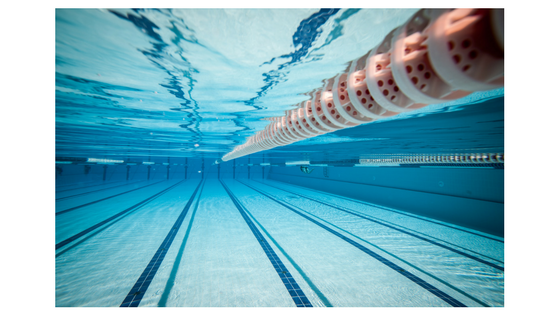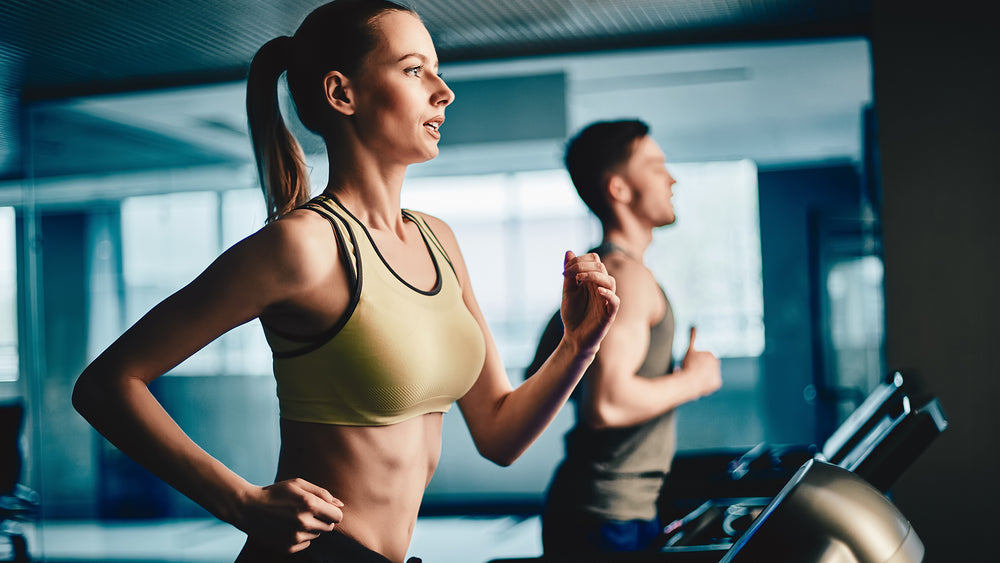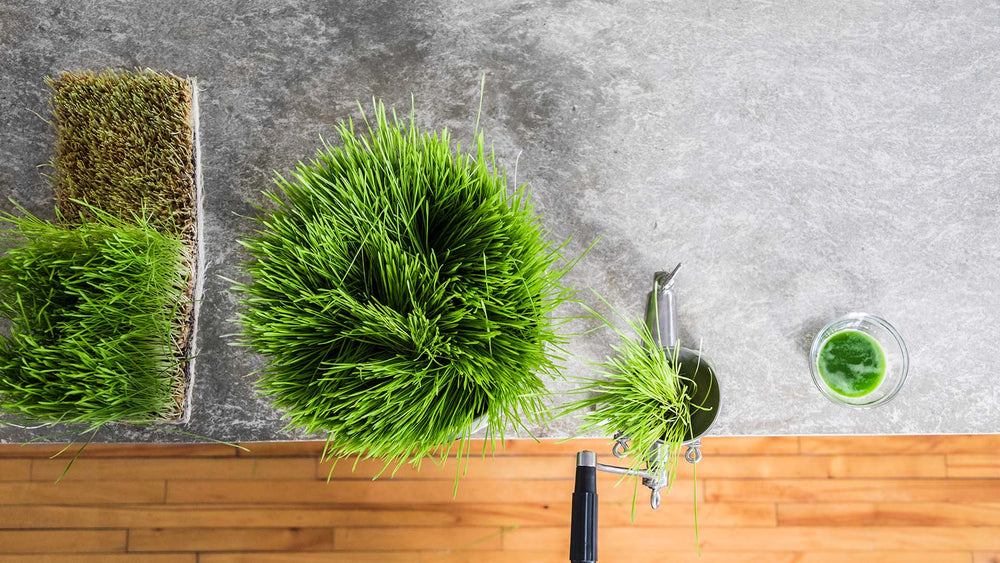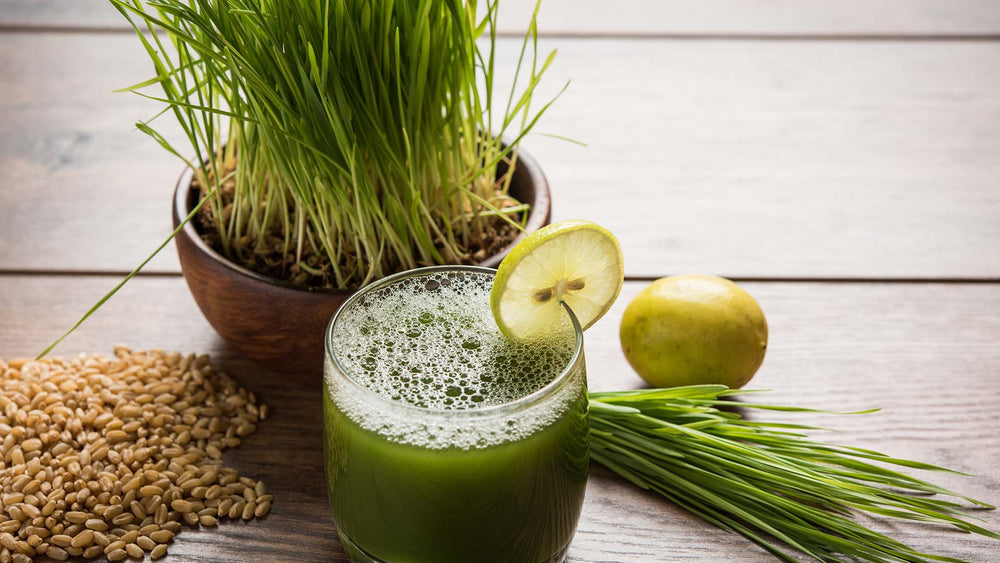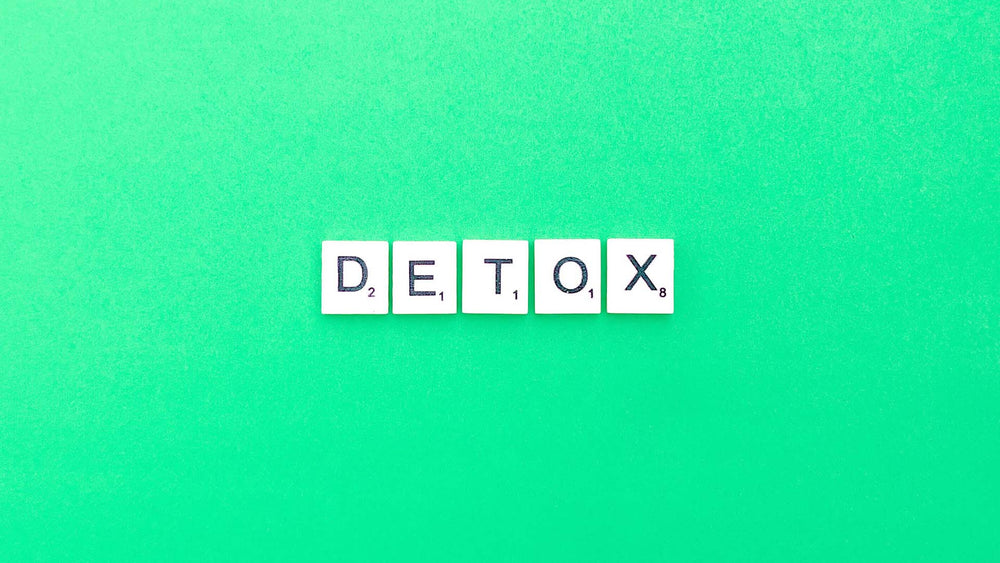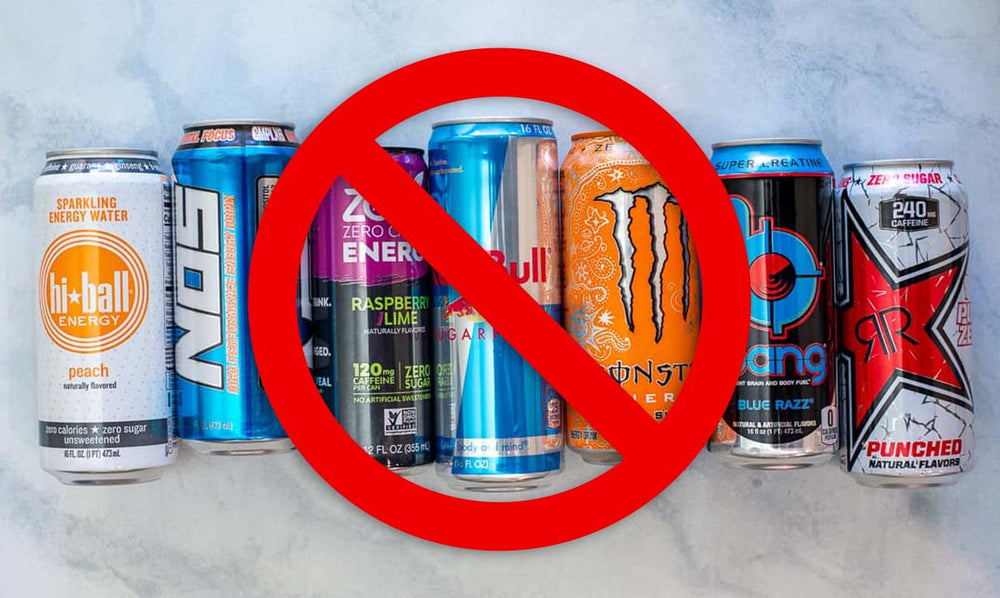There's no secret food or power drink fueling the athletic feats of Simone Biles, Michael Phelps, Usain Bolt and other medal winners at the Rio games. A balanced, healthy diet – one easily accessible to non-athletes, gives them the energy and strength to achieve their goals.
Athletes at the Rio games don't eat much differently than health-conscious Americans.
Greek yogurt, kale, chicken breast, fruit smoothies, salads, stir-frys and turkey sandwiches grace the training tables of Olympic athletes. A researcher who studied the eating habits of Olympic athletes noted their reliance on fresh, unprocessed foods from all food groups. They occasionally sampled sweets or alcohol, but not enough to make any significant change in calorie count or overall health.
The only real differences between a healthy diet for the average, physically active person and an athlete in training are the number of calories consumed per day and the specific times athletes need to eat certain foods for energy (before a competition, etc.).
Athletes in training burn more calories than the average American, so they need to consume more food to keep up their energy levels. The daily calorie intake varies from athlete to athlete. Swimmers, cyclists and marathon runners need from 3,000 to 8,000 calories; gymnasts between 2,000 and 2,500 calories and weight lifters between 2,800 to 6,000 calories per day. According to the USDA, active females between 31 and 35 years of age need 2200 calories a day, while active men need 3,000 calories a day.
You may not be in training for the marathon, 400 meter run or balance beam, but follow these nutrition tips to improve your workouts and get fitter and stronger.
Eat Breakfast
Eating breakfast daily is important for everyone, not just athletes. It raises your blood sugar to give you more energy and improves cognitive function. Studies also show women who eat breakfast regularly have a lower risk of diabetes, and men between 45 and 82 who eat breakfast are less likely to develop heart disease.
Olympic and pro athletes favor egg-white omelets, fruit smoothies or Greek yogurt with honey to start their day. Former pro cyclist Mary Zider opts for blueberry oat and polenta pancakes. Rich in carbohydrates, these pancakes offer all the energy needed on race days. They provide B vitamins (in the polenta) and antioxidants (from the nuts and berries).
Bagels and lox, a deli staple, offers carbs for energy (bagels) and heart-healthy, anti-inflammatory Omega-3's (the salmon, or “lox). A bowl of steel-cut oatmeal has more of the husk intact and digests more slowly than rolled oats. With a lower glycemic index (GI) than instant or rolled oats, it prevents sudden spikes in blood sugar. Add nuts and berries to steel-cut oatmeal for Vitamin E, Omega 3 fats and antioxidants. Breakfast burritos can contain a mix of protein and vitamin-rich ingredients, from egg whites and avocados to spinach, lean ham or tomatoes.
Eat Small Meals throughout the Day
Athletes know the value of using food as fuel, and eat several small meals during the day to retain optimum energy. Eating a large, heavy meal slows the body down, causing to to expend energy digesting for much longer. The meal routine for many athletes in training consists of:
- A carbohydrate-rich breakfast
- Eating plenty of fruits, veggies, protein and whole-grains to boost immunity
- Consuming a drink or snack with both protein and carbohydrates after competition
Going too long between meals causes blood sugar to drop, making you feel faint. Non-athletes (and moderately active people) should eat a small meal or snack every few hours to retain their energy level. Eating small meals prevents the insatiable hunger you get for comfort foods when you go without eating for too long. This helps control your appetite and increase weight loss. When you eat, you burn 10% of the calories consumed through thermogenesis. Spices, green tea, high-fiber foods (whole-grain bread, berries), chicken breast, eggs and broccoli are a few healthy, fat-burning foods.
Hydrate
Water helps send nutrients throughout your body and gives you energy. It lubricates joints, removes waste and regulates your body temperature. You lose water when you sweat or urinate. Your body loses water faster during hot weather or intense physical activity. If you're going to be outside during hot weather for long periods, playing sports or exercising briskly, always bring bottled water with you and drink when you're thirsty. This not only prevents dehydration and fatigue, but it has other health benefits.
Drinking filtered or bottled water helps keep you full, preventing the urge to overeat. It keeps your digestive system running smoothly, regulates blood pressure and eliminates toxins in the body.
Hydration needs vary from person to person. Marathon runners may need to drink 8 to 16 ounces of water or sports drinks right before a race, and most athletes need to drink up to one ounce of water for every pound of body weight per day for peak performance.
The eight cups of water a day rule isn't set in stone for the rest of us. Some people need to drink more liquid while others do fine with less. When you exercise, drink 2 to 3 cups of water two hours before your workout. During intense exercise, you should break to drink a cup of water every 15 minutes. If your vigorous workout lasts 90 minutes or more, you should refresh with a sports drink containing electrolytes to restore glycogen and sodium.
Gear Nutrients to Sport or Activity Level
Olympic athletes and their nutritionists plan meals around nutrients needed for maximum efficiency. It's not simply about eating mostly carbohydrates or proteins. It's about the best mix of nutrients for the athlete's individual needs. This rule goes for “citizen”athletes, too. When deciding what to eat, don't overload on any one type of food. We need carbs, protein, iron, good fats and other nutrients to stay healthy.
Proteins
Women should eat between 0.5 and 1.0 grams of protein per pound of body weight. This amounts to about 46 grams of protein for the average woman who gets minimal exercise.
Athletes need slightly more protein than the average person. The amount depends on body weight, energy intake, age and training schedule. Endurance athletes need 1.2 to 1.4 grams of protein per pound of body weight and power and strength athletes need 1.2 to 1.7 grams of protein per pound.
Choose from dozens of high-protein foods to increase stamina, including:
- Eggs
- Steak
- Greek yogurt
- Milk
- Pork Chops
- Chicken Breast
- Salmon
- Tuna
- Peanut Butter
Check out this comprehensive list of protein-rich foods to keep your blood sugar normal and build muscle.
Carbs
Your body produces glycogen, its own stash of carbohydrates, which are stored in muscles and the liver. Glycogen is broken down quickly during intense exercise,
Foods with a high glycemic index (GI) cause a great surge in blood sugar levels. Eat raisins, bananas, rice or bread, high GI foods, to renew your store of glucose after heavy exercise.
For athletes participating in most sports, 60% to 70% of the diet should consist of carbs; 18 to 28% from fat and 12% from protein-rich foods.
Athletes in training eat plenty of carbohydrates, with the amount exceeding the recommended 450-550g for the average woman and 560-700g for the average man. Cutting out most fat and increasing carbs has advantages for athletes and everyone else.
Not eating enough carbs causes a decrease in neurotransmitters called acetylcholines, which are necessary for memory and motivation.
Here are a few high-carb eating tips:
- Use thick bread to make sandwiches.
- Make main dishes centered around pasta, potatoes, rice and bread. Eat smaller portions of meat.
- Prepare tomato or vegetable-based pasta sauce instead of cheese or meat-based.
- Eat low-fat, high carb snacks, including fresh and dried fruits.
- Drink milk before going to bed.
This isn't to say, athletes never splurge. Let's face it, athletes or people who exert a lot of energy throughout the day, like construction workers, need more calories than folks who sit at a computer all day. Many Olympic athletes in Rio were spotted at local McDonalds'
Iron
Intense training or overexerting yourself during weekend workout depletes your body of iron. Your body doesn't produce iron – you need to get it from food and supplements. There are two kinds of iron – heme iron, which comes from muscle meats, and non-heme iron, which comes from plants.
Heme-iron foods include liver, fish, oysters and lean red meat. Cooked spinach, tofu, eggs, dried apricots, cocoa and lentils are a few non-heme iron foods. Drink fruit juice with non-heme foods for better absorption.
Foods Athletes Won't Eat
Are there any foods athletes avoid? Usain Bolt won't eat fried food. High-sodium canned soup, sugary cereal, and, surprisingly, rice cakes, which are low in nutritional value and high on the glycemic index, are unhealthy for the general public and athletes in training.
To increase endurance and strength for workouts, try Revv All-Natural Energy Supplement. Revv has a pleasant chocolate mint flavor and is made with wheatgrass, one of nature's superfoods!

